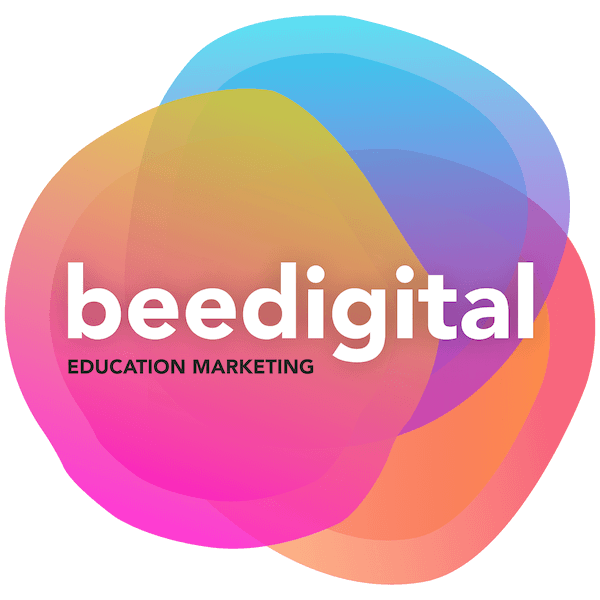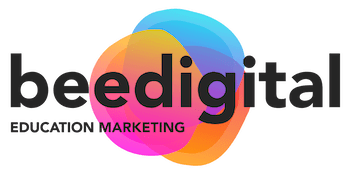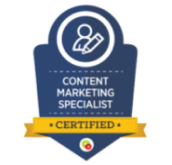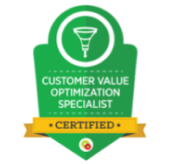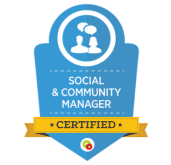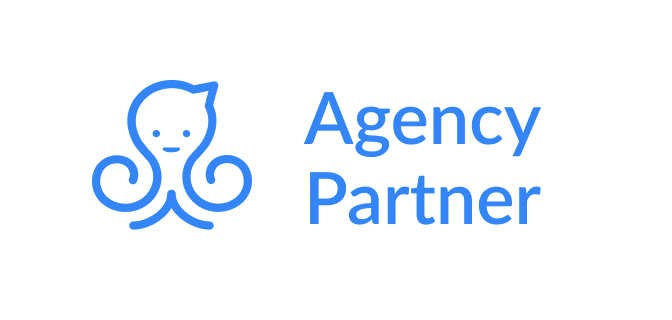What is “brand personality”?
Imagine your brand walked into a party. How does it make the room feel? Is it the life and soul, making everyone laugh? Or is it the wise friend, offering sage advice in the corner?
That vibe, that essence, is your brand personality. And here’s why it’s not just nice to have; it’s your secret weapon in the school sales arena.
But why do so many education products seem to struggle with it?
Why brand personality is your sales powerhouse
Think about it. People don’t buy from “companies”; they buy from people.
Or, more accurately, they buy more (and more regularly) from brands that feel like people AND in turn recognise the humanity in their audience.
Why? Because we’re emotional creatures that crave connections.
In our experience education companies often play it safe with their branding, which is a natural response in a B2B environment.
But teachers are more than job titles or “stakeholders in the purchasing decision”.
A brand with a distinct personality connects, resonates, and sticks. And in a world where every edtech company is shouting for teachers’ attention, those connections turn browsers into loyal customers.
Brand personality - your secret weapon in an awareness war
Here’s the truth most organisations ignore: your brand’s personality isn’t an add-on.
It’s the core of your marketing strategy. Think about it.
The brands that stick in your mind, the ones you return to over and over, aren’t the ones that play it safe. They’re the brands that dare to be different. They’re like that one friend who lights up the room – unforgettable, irresistibly engaging, and always, authentically themselves.
Sticking to the same ‘standard’ messaging feels too safe when you can take a leap and stand out further from your competitors.
The anatomy of a killer brand personality
So, what makes a brand personality not just good, but great?
- Authenticity – your brand needs to be like that friend who’s always unapologetically themselves. No masks, no pretence. Authenticity breeds trust. And trust? That’s sales gold.
- Consistency – imagine if your friend switched personalities every day. Confusing, right? A strong brand personality is consistent across all platforms, from your website to your brochures to Facebook ads. It reassures people.
- Emotion – the best brands tap into emotions like a pro. They know just how to make teachers feel seen, understood, and cared for. And once you’ve got someone’s emotions on board, you’ve got their loyalty (and access to their budget holder’s ear!).
- Differentiation – in the land of bland, the brand with personality is king. What sets you apart isn’t just your product; it’s how you make people feel about it. It’s in the quirks, the humour, the voice. Be bold. Be different. That’s how you get teachers to pick you.
Ultimately your brand personality is about fostering connection.
It’s about turning boring transactions into exciting relationships. When your brand’s personality speaks directly to someone’s soul, congratulations, you’ve just won a customer for life.
Deep dive into your audience because surface-level won’t cut it
Forget demographics. If you want to connect, you need to go deeper. What keeps your educator audience up at night?
What makes them tick? Laugh? Share in the staffroom over a hot chocolate?
Listening is the new black
Social listening isn’t just trendy; it’s critical.
It’s how you hear what your audience loves (and doesn’t). Use it to tweak and tailor your brand’s voice until it’s just right.
This is about being in a constant dance with your audience, leading sometimes, following others, but always in step.
😀 Consider the untapped goldmine that is your customer support. How do teachers speak to you on support calls, demo calls, or in testimonials? What is the language and tone they use on emails? What are the discussions they’re sharing and responding to on Twitter/ X?
Mix it up with a content cocktail
Brand personality isn’t about being “fun”; it’s about being memorable.
Humour’s great, but don’t be a one-trick pony.
Your brand’s voice can be funny, yes, but also insightful, inspiring, even vulnerable.
Show the many faces of your brand through a mix of content that educates, entertains, and connects. Remember, variety isn’t just the spice of life—it’s the essence of a memorable brand personality.
Teachers will notice something fun and ‘outside the box’ that isn’t sales focused, e.g. jokes, riddles, quizzes, quotes, tips, and life hacks.
Let’s talk about ads…
We’ve noticed that text-based ad designs are often high performers in our client campaigns. Injecting fun with humorous copy into these designs is a great tactic to make the message stand out even more.
Like weaving in pop culture references using this format:
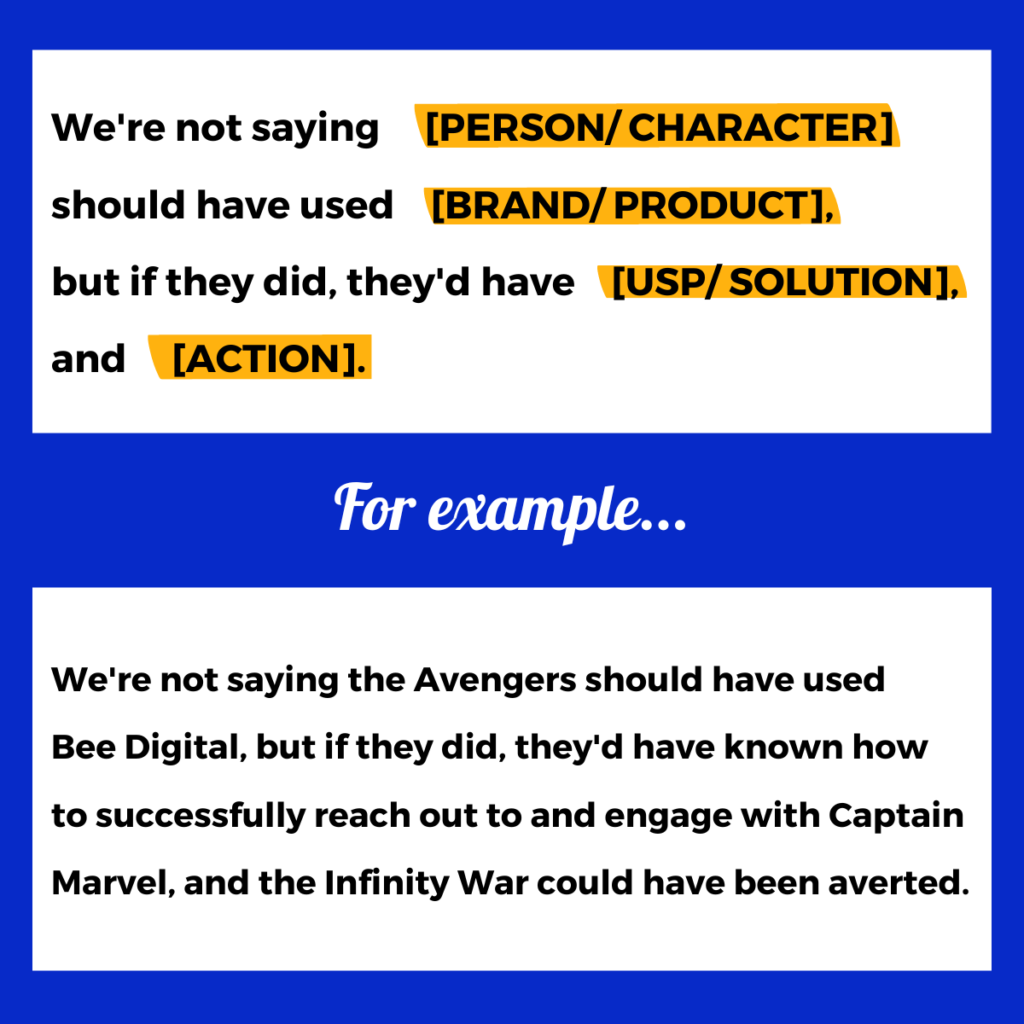
I get what you might think: will it be too abstract or alienate my audience? Is it too compromising for my brand?
“When you’re honest and vulnerable and show your humour and interest in telling stories, you’ll stand out from others.”
40+ Viral Marketing Lessons From Famous Comedians
It depends on the humour 🙃
A fun, humorous tone doesn’t have to be silly, shocking, or provocative to stand out. You can avoid using this tone negatively, such as not poking fun at other people’s expense. This can make you look bad (even if what you’re saying is funny and true!)
“If your business is responsible for managing school trips and study abroad programs, you probably don’t want to make jokes about children getting kidnapped or encountering bodily harm. However, a joke about parents being overwhelmed by a flood of Instagram pics during a child’s trip will probably go over well.”
Comedy in Content Marketing: To Be Memorable, Make ‘Em Laugh
A Picture is Worth 1,000 Likes
Have you considered making your own branded memes?
Never underestimate the power of a killer visual. Memes, GIFs, videos—these are the currency of attention in today’s digital world. Make sure they’re in your toolkit.
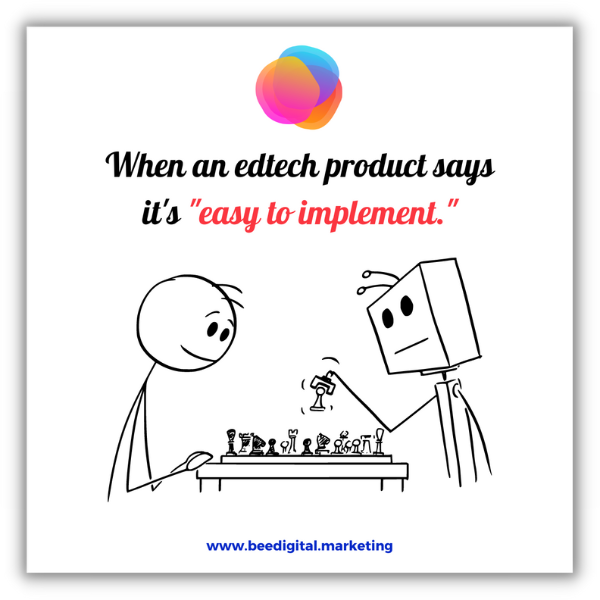
Use them for ads, organic social posts, boosted posts, email images, GIFs, etc.
The lead up to summer can be a good time to experiment with fun, summer-themed messaging too. Teachers welcome less ‘salesy’ content during the holiday and more fun social posts/emails.
It’s also a great way to keep your brand at the forefront of teachers’ minds when communicating with them in the lead-up to crucial decision-making periods.
What can the education market learn from non-sector brands that are unapologetically unique?
Liquid Death: Murdering thirst and boredom in equal measure
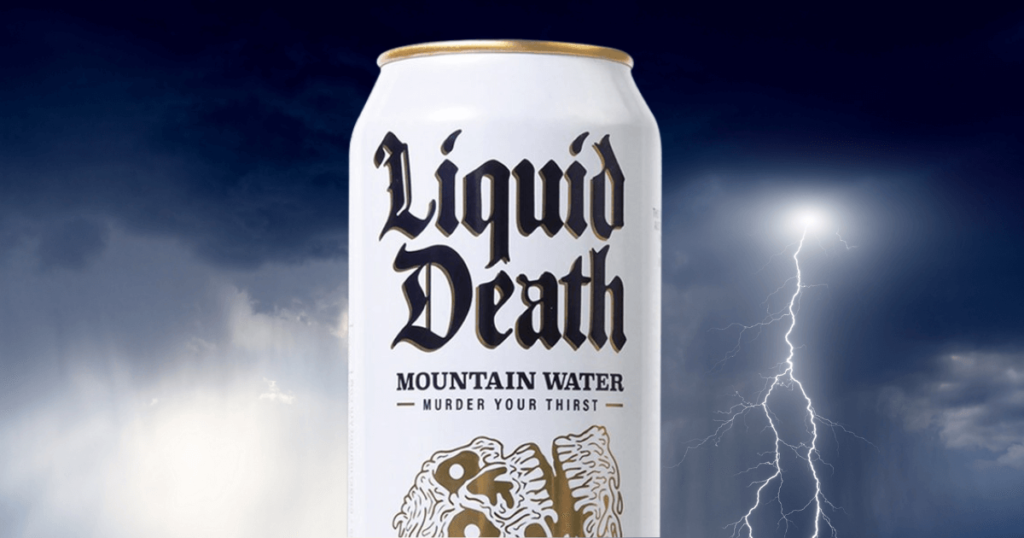
Liquid Death turned something as mundane as drinking water into a rebellion. In a market awash with brands who tout themselves as “pure” and “spring water fresh”, Liquid Death stands out by sheer force of personality. This brand took a commodity and cloaked it in a heavy metal persona, complete with a mission to “murder your thirst.” Its cans, emblazoned with skulls, scream not-so-subtle defiance against the bland and the boring.
What’s can an education company learn from Liquid Death?
Dare to be different. Schools are bombarded with educational marketing. Want yours to be the one they can’t stop talking about? Inject it with personality. Make it bold. Make it memorable. If Liquid Death can do it with water, you can do it with your phonics scheme. Show schools that choosing your product isn’t just a logical decision—it’s a statement.
Patagonia: More than just outdoor gear
Patagonia is the hero we didn’t know we needed, turning customers into eco-warriors with every purchase. This brand is a masterclass in weaving environmental activism into its DNA, making you feel like you’re wearing your values on your sleeve – literally.
What’s can an education company learn from Patagonia?
Embrace a cause. Educators are looking to partner with brands that teach students about more than just their ABCs. They want to instill values of sustainability and responsibility. Align your brand with a causes you care about. It’s not just about selling a product; it’s about selling a better future.
Ben & Jerry's: A masterclass in values-driven personality
Ben & Jerry’s is more than just ice cream. It’s a brand with a conscience, a heart, and a very vocal personality. With whimsically named flavours like “Cherry Garcia” and “Half Baked,” Ben & Jerry’s proves that you can have a sense of humour while advocating for social justice and sustainability. Ben & Jerry’s turns every scoop into a statement.
What’s can an education company learn from Ben & Jerry’s?
Ben & Jerry’s extends its personality across every touchpoint. And they stick to their guns. This makes the brand unmistakable and its messaging coherent. Educational companies should strive for this level of consistency, ensuring that their values are clear in every interaction, from the classroom to the community.
Be Bold, Be Brave, Be Unforgettable
Liquid Death, Patagonia, and Ben & Jerry’s share one powerful trait: boldness. They know who they are, and they’re not afraid to show it.
Your brand’s voice should echo in the halls of every school. Don’t just be another educational tool. Be the one that sparks conversations, that students look forward to using, and that teachers rely on day in and day out. It’s about creating a brand experience so compelling that your audience can’t help but engage.
Test, Learn, Repeat
The only way to truly know if your brand’s personality is hitting the mark? Experiment. Test different tones, content types, visuals. Then, listen. Really listen.
What resonates?
What falls flat?
Use real feedback to refine and evolve your brand’s personality. It’s a living thing, after all.
Boldness has its place, but so does wisdom. Not every joke lands. Not every story sings.
Know when to push the boundaries and when to pull back. Your brand’s personality should stretch, not snap.
Some might say, “Sure, brand personality sounds fun, but does it really drive sales?” You bet it does. In a sea of sameness, your brand personality is your lighthouse. It’s what guides your customers home, through the choppy waters of choice overload. It’s what makes your brand not just a choice, but the choice.
So, if you’re ready to not just compete but dominate, it’s time to dive deep into your brand personality.
Craft it with care, wield it with precision, and watch as it transforms not just your marketing, but your entire bottom line.
Remember, in the end, people don’t just buy products; they buy stories, feelings, connections.
They buy personalities.
What’s yours saying?
If there’s one thing to take away, it’s this: authenticity isn’t just a buzzword; it’s your brand’s beating heart.
Your brand personality should be a true reflection of who you are and what you stand for.
Fake it, and you’ll be found out.
Live it, and your brand will not only stand out – it’ll stand the test of time.
